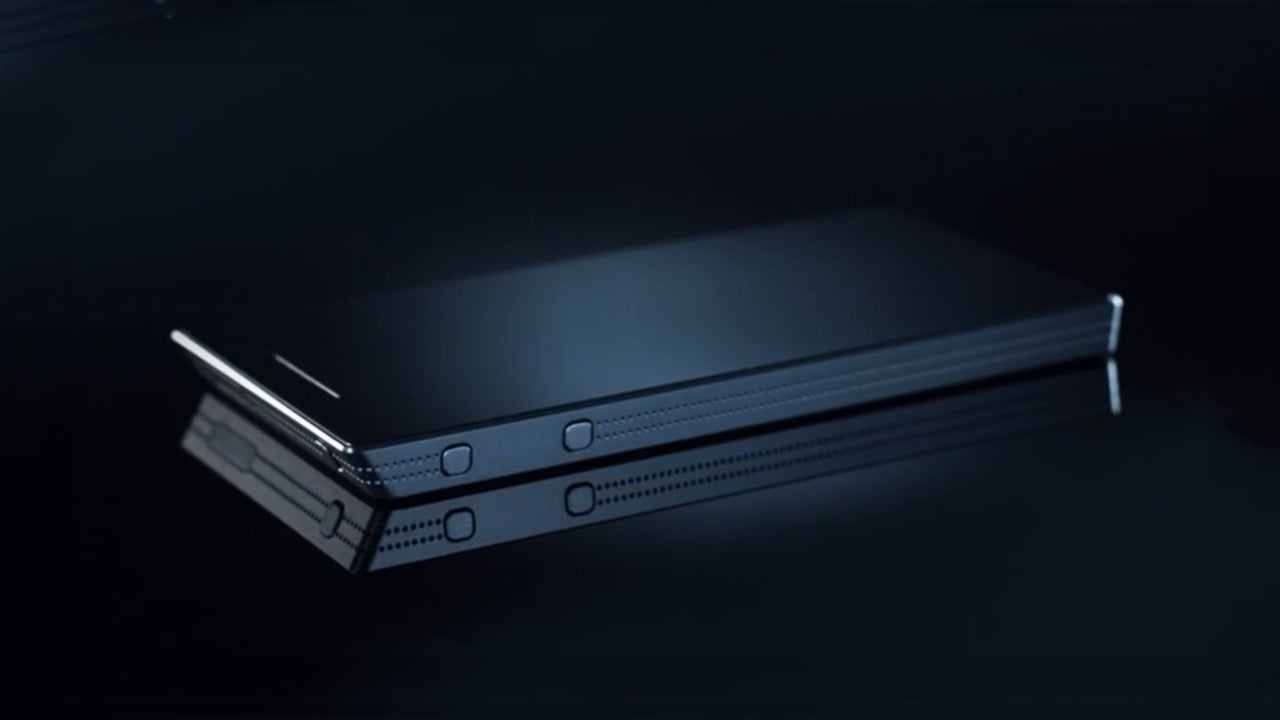You can now replace your PC with a smartphone. But will you?
Sales of PCs continue to decline, and that’s forcing PC makers to get creative. The latest example is an attempt by Acer, currently the number four maker of PCs in the world by market share, to replace the PC forever—with the smartphone.


Sales of PCs continue to decline, and that’s forcing PC makers to get creative. The latest example is an attempt by Acer, currently the number four maker of PCs in the world by market share, to replace the PC forever—with the smartphone.
Meet the Acer Extend prototype, which was unveiled this week at Germany’s annual gadget show, the IFA in Berlin. It’s basically a lobotomized laptop computer, just a keyboard and a screen. Plug it into Acer’s specially-modified Android phone, however, and it becomes, in essence, a laptop-shaped version of your phone—with all the same apps, media, and wireless connectivity.
If it feels like you’ve seen this idea before, it’s because you have—and every time, it’s failed. In 2007 Palm announced the Foleo, a companion to its Treo smartphones, and then canceled it three months later. In 2008 Celio Corp unveiled REDFLY, which was designed to make it easy to edit Microsoft Office documents stored on Windows Mobile smartphones, but reviewers hated it. In 2011 Motorola unveiled the Atrix, which did the same thing as the Foleo and REDFLY, only this one ran Android. It was mothballed in 2012. Then, in July 2013, entrepreneur Mark Shuttleworth unveiled a plan to crowd-fund a new phone, called the Ubuntu Edge, that would be every bit as powerful as a laptop PC. He failed to raise the $32 million that his project would have required.
This time is likely to be no different, and for an entirely new set of reasons: the cloud, specifically Google’s cloud, has made the physical unification of all our personal computing devices irrelevant.
Not long ago I got the chance to ask Sundar Pichai, the Google executive in charge of both Android and Chrome OS (Google’s web-centric operating system for laptops) whether or not he thought Google would ever make a super-powerful phone that could replace the PC completely. He responded that, far from reducing the number of computers in a person’s life (e.g. by consolidating the phone and the PC) he’d like to see computers take up residence just about everywhere.
Pichai also pointed out that with nothing but your Google login, you can access all of your (Google-hosted) apps and documents from any device with a web browser, whether that’s a phone, tablet or PC. Google’s ultimate vision is to move all of our computing to the cloud. Once it’s there, it doesn’t matter whether we have PCs, phones, or some device as yet to be invented; they’re all just ways to access the cloud, and switching between them should be effortless.
By extension, there’d be no point in buying a docking device like the Acer Extend for your phone so you can give up your PC. The main reason to do so—that you’d then have “all your stuff in one place”—vanishes if that place isn’t a device you’re using, but the cloud.
There is perhaps one other reason some might opt for Acer’s phone-PC hybrid: cost. If something like the Acer Extend is a lot cheaper than a regular PC, it might be appealing, especially in poorer countries. But web-only PCs—such as Google’s Chromebooks—are already getting so cheap that the Extend might have trouble competing.